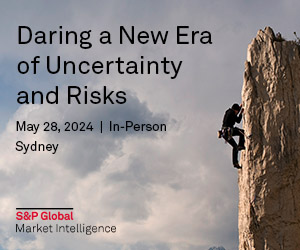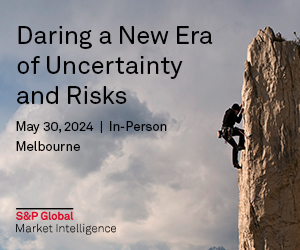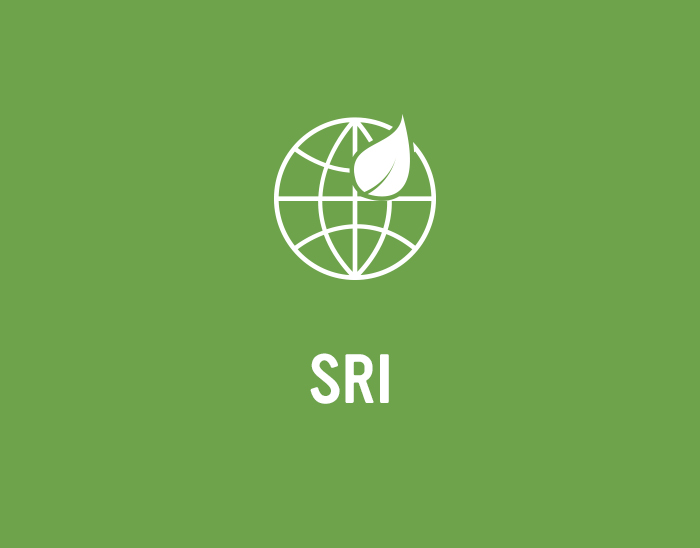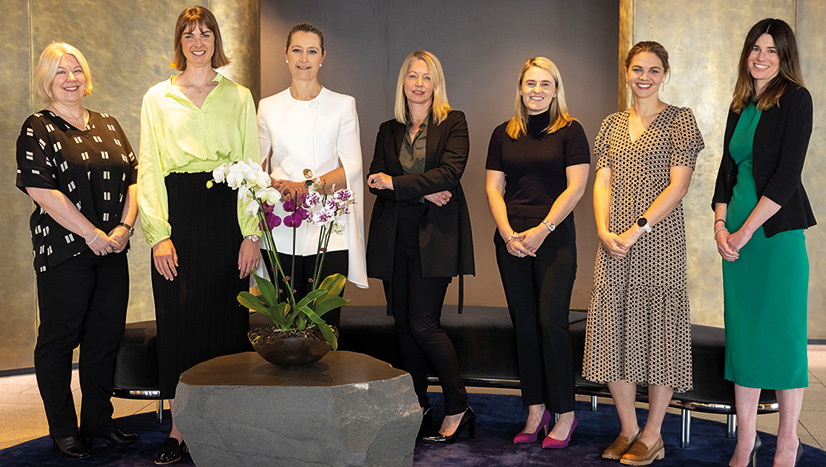NAB becomes first member of Australia’s social club
Australia’s burgeoning green-bond market was supplemented on 17 March 2017 by the issue of the country’s first benchmark social bond, by National Australia Bank (NAB).
The bond enables institutional fund managers to invest in Australian organisations that champion women and equality in a positive way.
Proceeds are not tied to specific projects. Instead, the companies to which NAB lends the bond proceeds all qualify as “employers of choice for gender equality” with Australia’s Workplace Gender Equality Agency (WGEA) and meet NAB’s own social-bond framework requirements.
The 14 organisations included in the initial portfolio are concentrated in – but not limited to – the professional-services sector. Two of these – Monash University and Stockland – are already leaders in Australian sustainability finance, having issued their own green bonds in international markets.
NAB raised A$500 million (US$397.2 million) of five-year debt via its gender-equality bond at a pricing level the issuer says was flat to its mainstream wholesale-funding curve.
According to James Waddell, director, product and channel development at NAB in Sydney, the social bond was around 18 months in the making. Impetus was provided in June 2016 when the International Capital Markets Association (ICMA) published its guidance for issuers of social bonds.
“We were already thinking about and discussing a social transaction by this point, but we received positive investor feedback around the ICMA guidelines and the appetite for the product from this point on,” adds David Jenkins, Sydney-based director, sustainable capital markets at NAB.
Steve Lambert, NAB’s executive manager, capital financing, says the social-bond initiative ties into wider corporate strategy. “The bigger picture for us is the shared-value approach we have adopted to completely rethink parts of our core business. This has involved creating products and services that address social and environmental issues, to give the investor community choice in how they invest their money in more meaningful ways.”
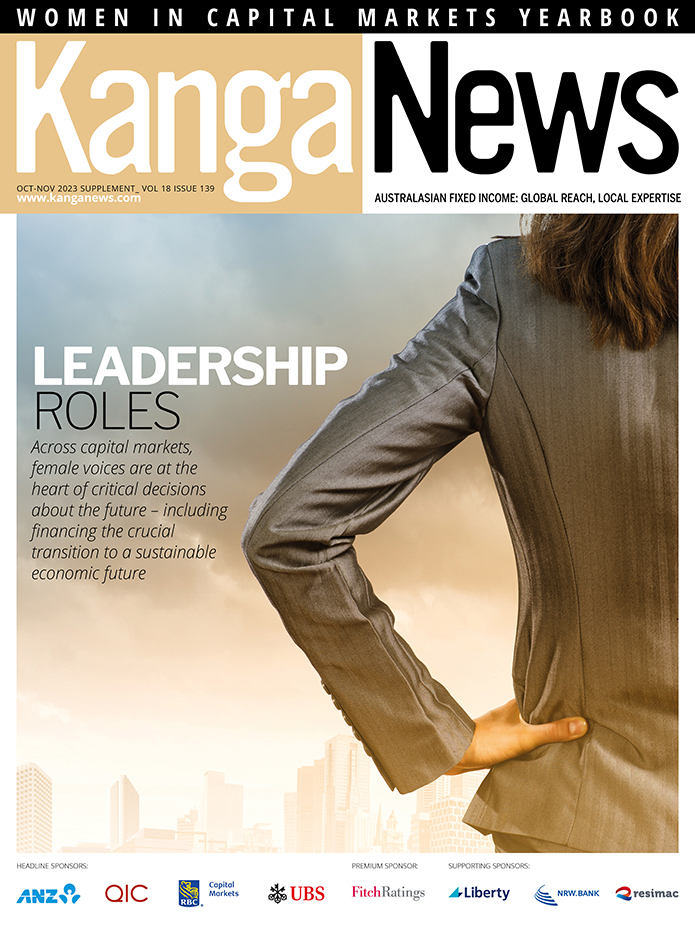
WOMEN IN CAPITAL MARKETS Yearbook 2023
KangaNews's annual yearbook amplifying female voices in the Australian capital market.


